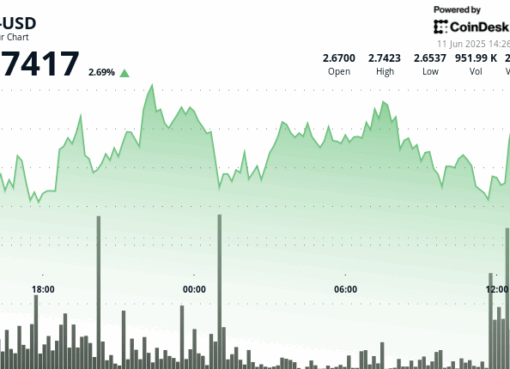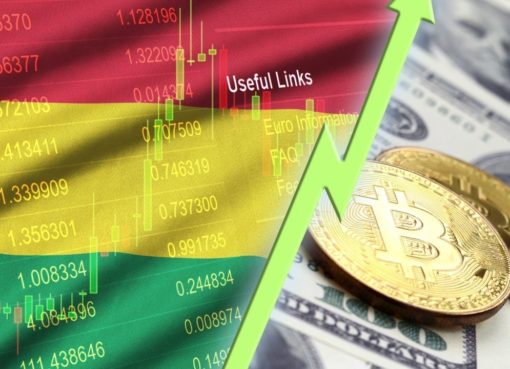UK crypto investors could face tax bills even if they haven’t received warning letters from HM Revenue & Customs (HMRC), as the agency steps up efforts to track undeclared digital asset income.
Last week, the Financial Times revealed that HMRC issued nearly 65,000 “nudge letters” in the 2024–25 tax year, more than double the number sent the year before. The letters urge investors to review their filings and voluntarily declare crypto-related gains before potential audits begin.
However, tax experts warn that the agency’s growing use of exchange data and international reporting agreements means that investors who haven’t received a letter shouldn’t assume they’re in the clear.
“Not reporting cryptocurrency transactions to HMRC is illegal, regardless of whether you’ve been contacted yet,” Andrew Duca, founder of the crypto tax platform Awaken Tax, told Cryptox. “So even if you haven’t received a warning letter, the fact that HMRC has issued so many this year should serve as a wake-up call,” he added.
Duca noted that HMRC typically identifies noncompliance by comparing bank records, exchange data, and self-assessment forms. Discrepancies, such as undeclared deposits or transfers, can trigger letters or formal investigations.
Higher earners and investors with large onchain portfolios are especially likely to be targeted as data sharing between exchanges and regulators increases, he said.
Related: How to file crypto taxes in 2025 (US, UK, Germany guide)
HMRC tightens crypto oversight
Exchanges operating in the UK and those serving UK customers abroad are legally required to provide transaction data to HMRC. With the OECD’s Crypto-Asset Reporting Framework (CARF) set to take effect in 2026, the agency will gain automatic access to information from global trading platforms.
“It’s far better to be proactive and report on your activity now, rather than wait for HMRC to pull you up on it,” Duca said.
He noted that crypto activity becomes taxable not only when digital assets are converted to pounds, but also when they’re swapped between tokens or generate income through staking, airdrops, or yield farming. Only purchases made with fiat currency or transfers between personal wallets are exempt.
To calculate gains, HMRC applies a three-tier “spooling” method. This includes assessing same-day trades first, then transactions within a 30-day window, and finally using an average cost for older purchases. For active traders, this process can become highly complex, and Duca recommends using specialist tax software designed for crypto reporting.
Related: New York State senator proposes tax on crypto mining energy use
What to do if contacted
Duca said investors who receive an HMRC letter are best advised to seek professional advice immediately. Specialist accountants can help prepare accurate transaction reports and negotiate with the tax office if underpayment is discovered. Failure to respond may lead to penalties or further investigation.
“Using crypto tax software will also help you to generate accurate reports of all your activity as accurately and efficiently as possible,” Duca said. “Lastly, you need to be prepared to pay. If you owe taxes, you’ll need to settle them.”
Duca added that decentralized exchanges (DEXs) and cold wallets are not exempt from HMRC reporting requirements. “You are legally required to report on all DEX transactions, cold wallet activity and hot wallet transfers,” he said.
Meanwhile, in the US, senators are exploring updates to crypto tax policy, including exempting small transactions from taxation and clarifying how staking rewards are treated.
During a Senate Finance Committee hearing earlier this month, lawmakers debated whether everyday crypto payments should trigger capital gains tax and how to fairly classify income generated from staking services. Coinbase’s vice president of tax, Lawrence Zlatkin, urged Congress to adopt a de minimis exemption for crypto transactions under $300.
Magazine: Back to Ethereum — How Synthetix, Ronin and Celo saw the light




